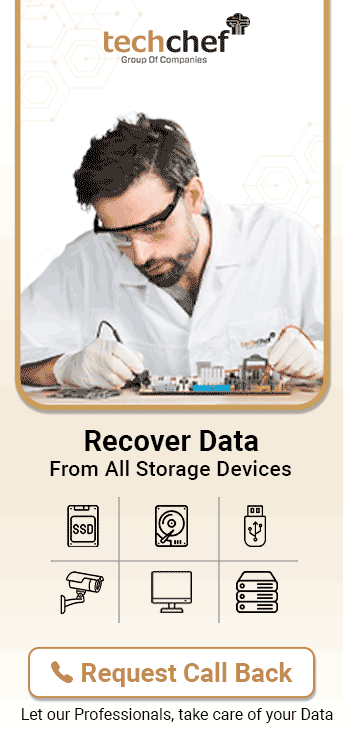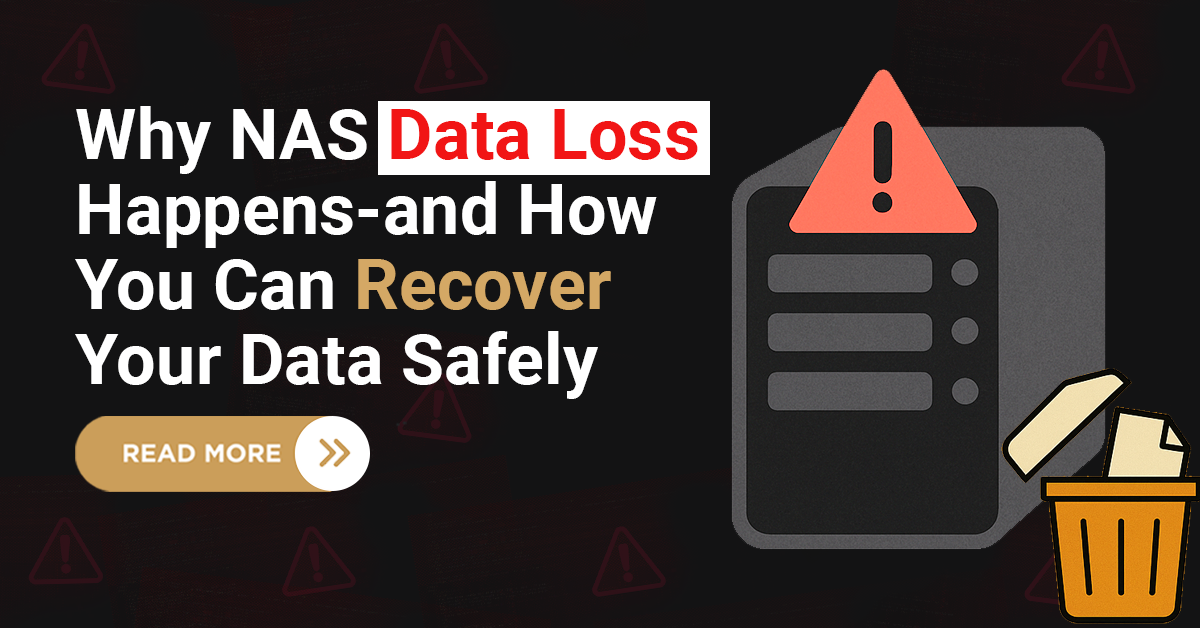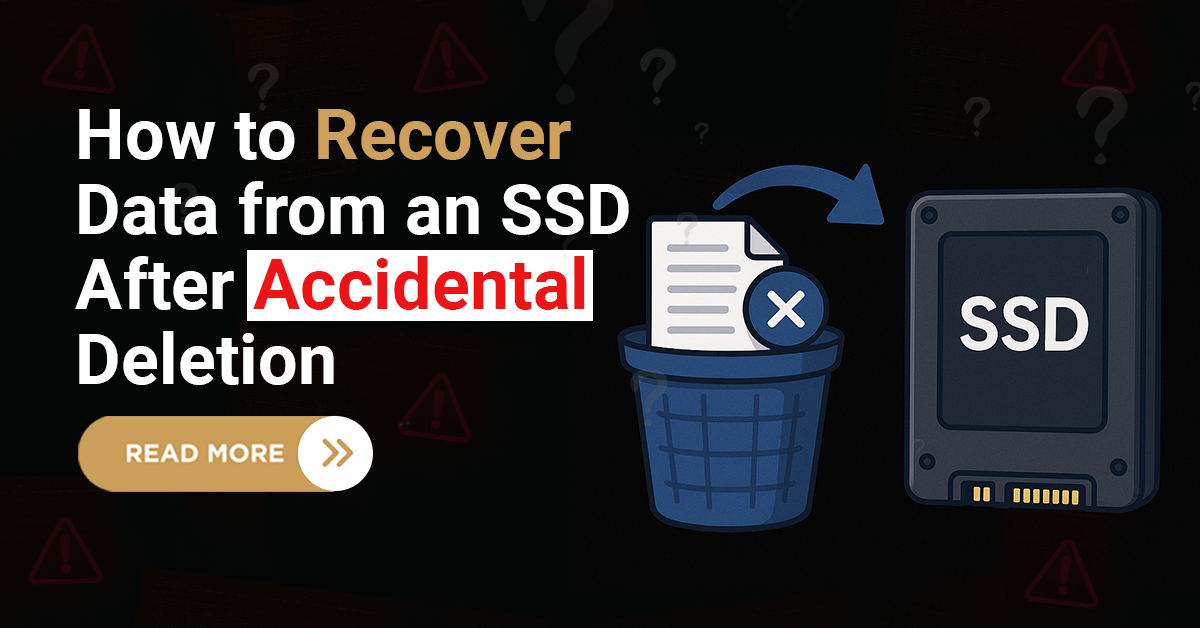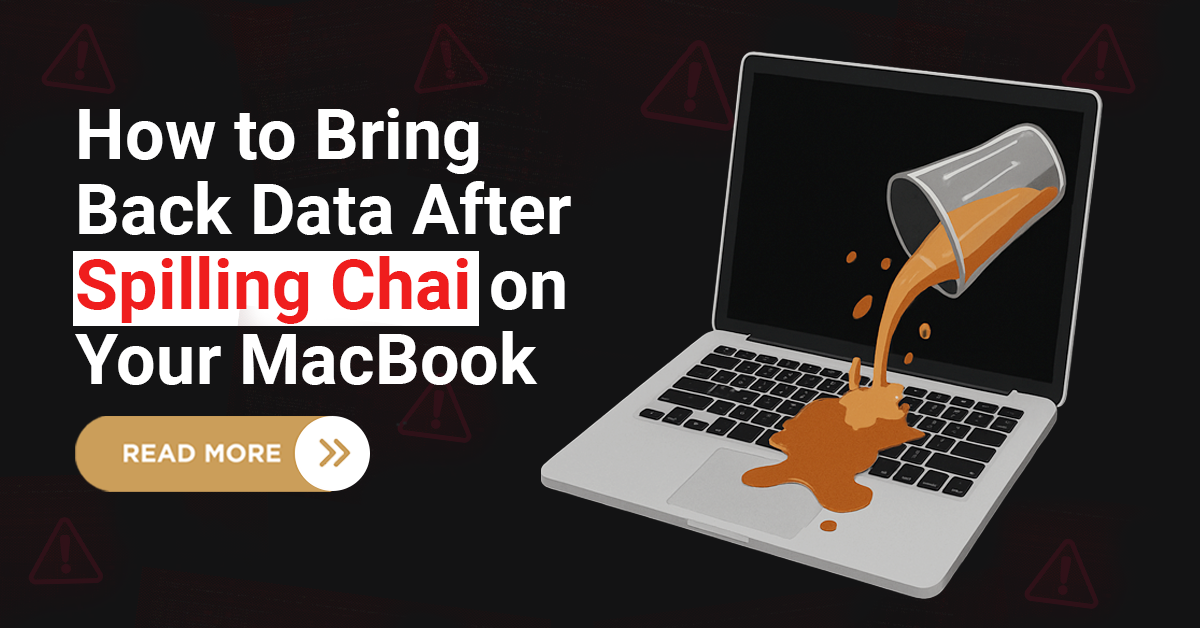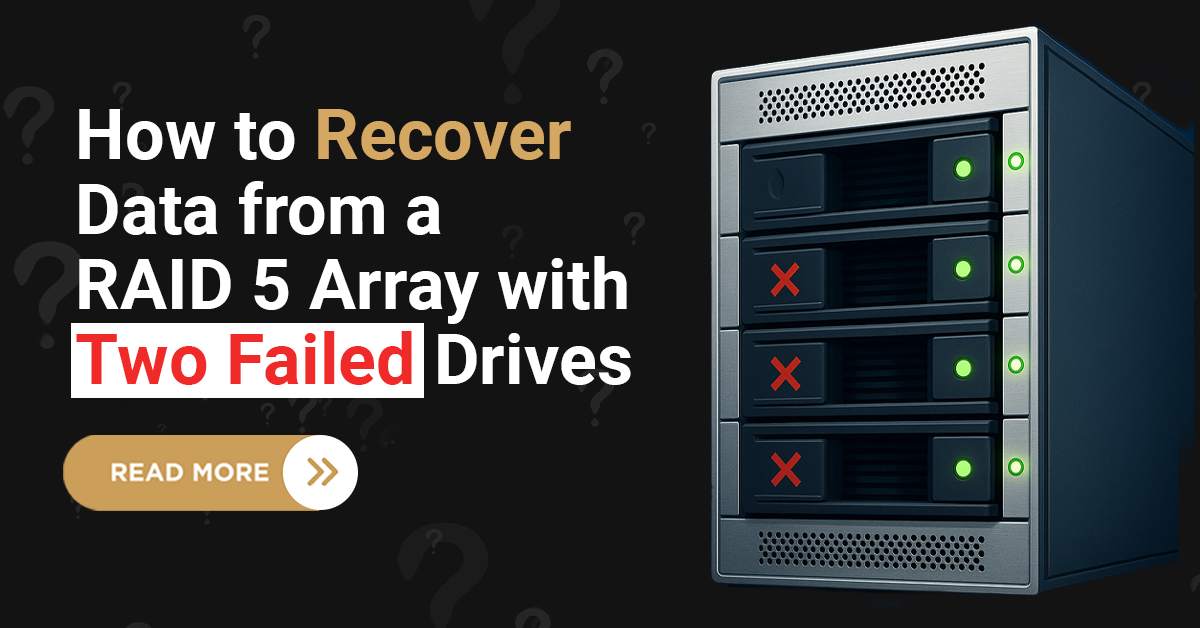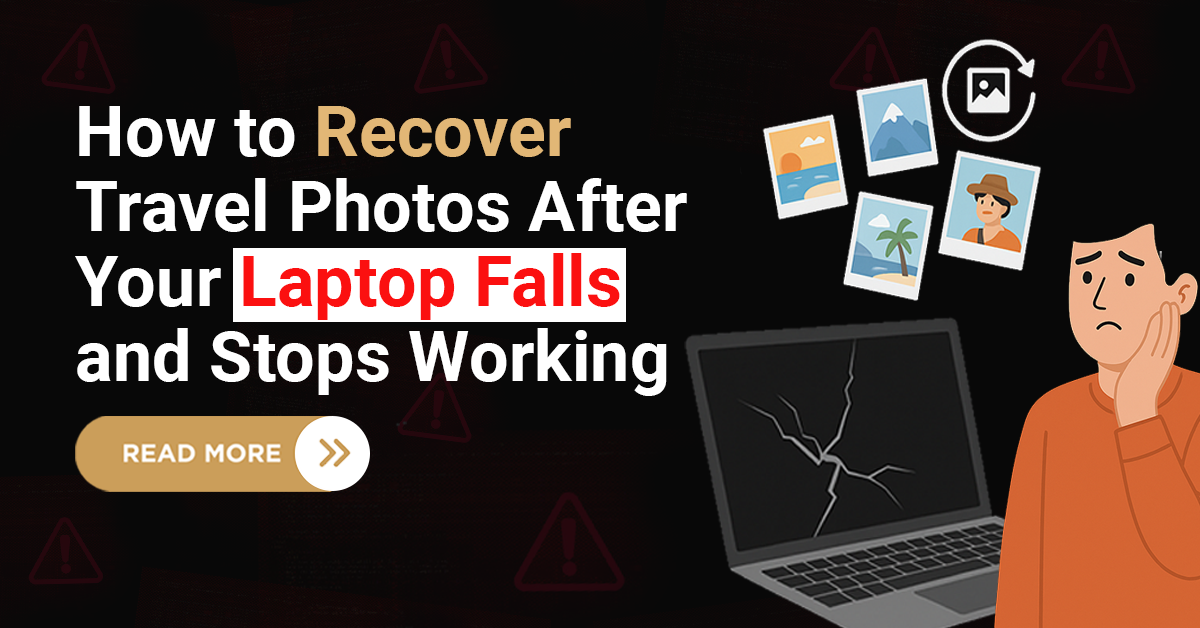Author Bio: Hi, I’m Shalini, a Senior Technical Expert with over 10 years of experience in Data Recovery and Cyber Security. Throughout my career, I’ve experienced multiple cases of hard disk damage and saw the impact of losing valuable data firsthand. I’ve written this guide to help you understand what to do when your hard disk is physically damaged, explaining practical recovery steps and the best ways to prevent data loss. Let’s explore this journey together so you feel confident in managing and recovering your important data.
Introduction: What Would You Do if Your Hard Disk Was Damaged?
Imagine working on an important project or looking through precious family photos when suddenly, your computer screen freezes. You restart your device, but now your hard disk isn’t recognized, or you hear an unusual clicking sound. What would you do if your hard disk—holding years of precious data—was physically damaged?
In this guide, I’ll walk you through exactly what you should do when facing hard disk damage. With practical understanding, clear steps, and helpful examples, I’ll show you how to handle this situation to minimize data loss.
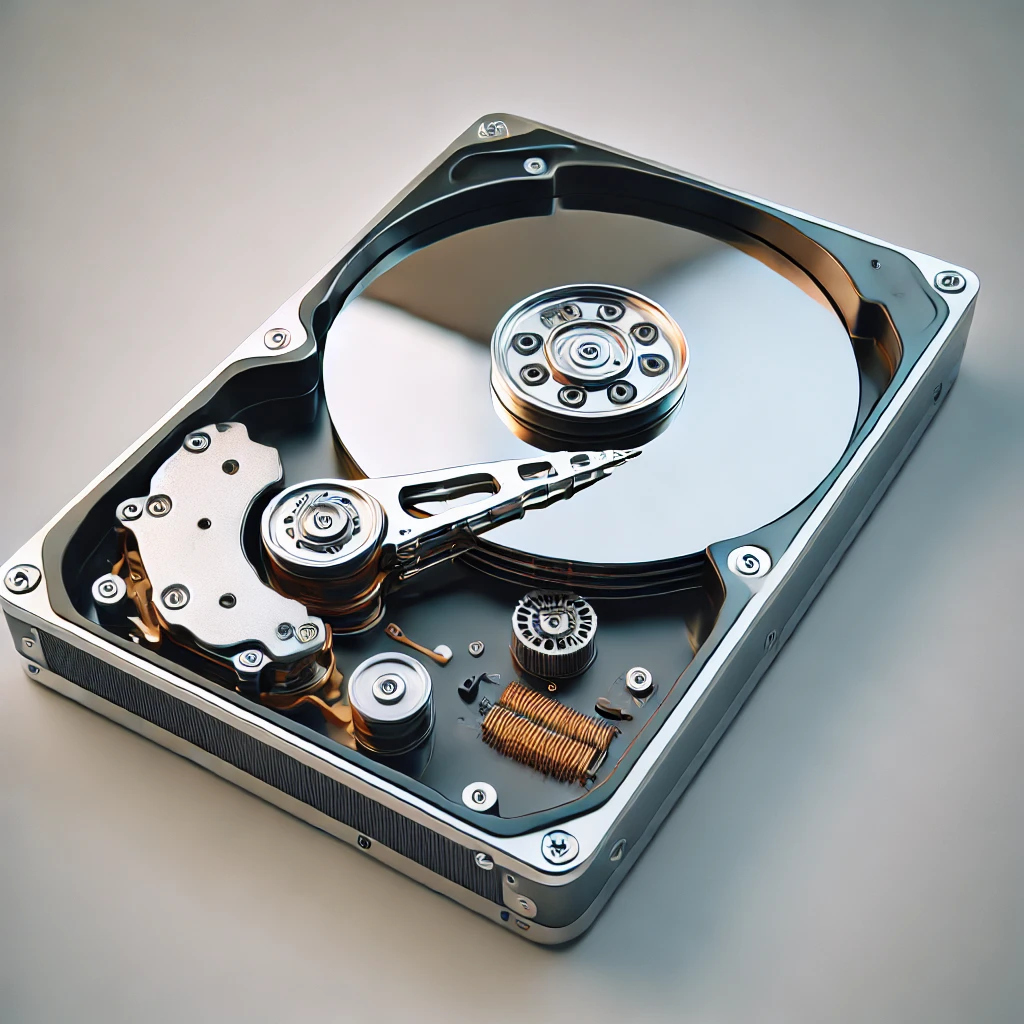
Understanding Physical Hard Disk Damage
When we talk about “physical damage” to a hard disk, we mean damage caused by an external or internal physical factor, as opposed to software or logical errors. Physical damage often requires specialized recovery methods since it generally involves hardware issues.
Common causes of physical hard disk damage include:
Mechanical Shock: Dropping or shaking a hard disk can damage internal components.
Electrical Surge: Sudden power surges can harm hard disk circuits.
Water or Fire Exposure: Severe environmental factors can harshly damage hard drives.
Wear and Tear: Over time, moving parts can wear down, causing mechanical failures.
Did You Know? Modern hard disks spin up to 7,200 revolutions per minute (RPM)! Even a tiny shock can cause harm to internal parts, leading to serious data loss.
Steps to Take When Your Hard Disk Is Physically Damaged
If your hard disk shows signs of physical damage, here’s what to do:
1. Power Off Immediately
Avoid further damage by shutting down your computer. Continuous attempts to access the drive may worsen the damage, making recovery more difficult.
2. Avoid DIY Repairs
It’s easy to open the hard drive, but this can create layers of dust or further damage. Hard drives are manufactured in controlled environments to prevent even tiny particles from getting inside.
3. Check for External Issues
Cables: Sometimes, the issue may be with a loose or damaged cable rather than the hard drive itself. Try connecting it with a new cable.
Ports: Connect the hard disk to another computer or a different USB port to rule out issues with your computer’s port.
4. Listen for Unusual Noises
Sounds like clicking, buzzing, or beeping indicate severe physical damage. Each sound can mean different issues (e.g., a clicking sound often indicates head issues). These noises mean you should stop using the drive immediately and consult a professional.
Types of Physical Damage and Solutions
Understanding the type of damage can help you decide on the next steps. Here are common types of physical hard disk issues and how to handle them:
1. Damaged Read/Write Heads
Cause: Often caused by dropping the drive.
Solution: Professional replacement of read/write heads in a clean environment.
2. Platter Damage
Cause: Occurs if the drive’s internal parts crash or scratch the platters.
Solution: Severe platter damage is hard to recover from. If the scratch is minimal, some data may still be recoverable.
3. Circuit Board Failure
Cause: Often caused by power surges.
Solution: A professional can sometimes replace or repair the circuit board. Don’t attempt this yourself.
4. Motor Failure
Cause: Common in older drives with moving parts.
Solution: Replacing the motor is complex and should only be handled by experts.
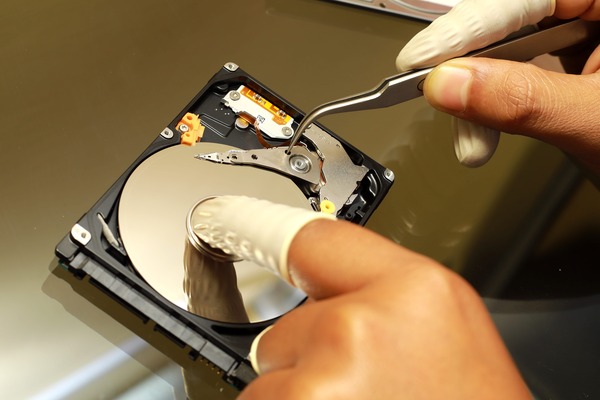
Pros and Cons of Professional Hard Disk Recovery Services
Pros
High Success Rate: Professionals use specialized tools and environments to maximize recovery chances.
Time Efficiency: Expert technicians can often recover data quickly, minimizing downtime.
Safe for Sensitive Data: Trusted companies follow data security protocols and make sure your data is safe.
Cons
Cost: Professional recovery can be expensive depending on the damage.
Not Always Successful: If the damage is too severe, even experts may not be able to recover all data.
Practical Examples of Physical Hard Disk Damage and Recovery
Example 1: Power Surge Leading to Circuit Board Damage
Case: A user’s hard disk became unresponsive after a thunderstorm.
Solution: The circuit board was replaced, allowing successful data recovery.
Example 2: Dropped External Hard Drive
Case: The user accidentally dropped their hard drive while moving it.
Solution: Read/write head replacement in a professional clean room environment led to partial data recovery.
DIY Recovery: What to Avoid
When a hard disk is physically damaged, here are things you should avoid:
Opening the Drive: Dust particles can permanently damage internal components.
Freezing the Drive: Despite myths, freezing can damage internal parts.
Using Data Recovery Software: This should only be used for logical damage; physical damage, could situation worse.
FAQ Section
Can I recover data from a physically damaged hard disk at home?
While minor issues may be resolved by reconnecting cables, physical damage usually requires professional help to avoid worsening the damage.
How much does professional hard disk recovery cost?
Costs vary depending on the extent of the damage and the data recovery service provider. Basic services may start around ₹5,000 but can go higher for severe cases.
What noises indicate a failing hard disk?
Clicking, buzzing, or beeping sounds often indicate physical issues like read/write head problems.
Is data recovery possible if the hard disk platters are scratched?
Severe platter scratches can make data recovery challenging. However, minor scratches might still allow partial recovery.
What should I do if my hard disk isn’t recognized?
Start by checking all connections. If the problem persists and there are signs of physical damage, consult a data recovery professional.
Conclusion
Facing a physically damaged hard disk can be stressful, but understanding the right steps can make all the difference. Remember, powering down immediately, using DIY repairs, and consulting professionals increase the chances of successful data recovery. I hope this guide has given you the insights you need to handle such a situation with confidence.
Contact Techchef today for a tailored solution that keeps your data protected, efficient, and secure. We assure you that your data is handled securely. Reach out to us, at 1800-313-1737, to schedule an appointment for our expert data recovery services.

